The “Mid Season Campus” is taking place this week, from 11th to 15th of June, with the participation of 31 students from nine different nationalities, who had the opportunity to meet, on Tuesday, the Ria Formosa and its centers of Farole da Culatra, in the barrier islands. This initiative is organized by the University of Algarve and aims to attract potential foreign students to join postgraduate, masters and doctoral degrees.
The coming of these students to the Algarve «is very important» so that they can get to know what the university has to offer «in terms of educational offer», said Professor Óscar Ferreira, in an interview with Sul Informação. With this visit to the Ria Formosa and other activities integrated in the short-term holiday courses, the participants had an interesting perspective of the place, but also of the competences that the University of Algarve has established, «particularly with regard to biology and to the sciences of the sea».
Potential students at the University of Algarve had the opportunity, on the morning of the 12th of June, to observe the Ria Formosa very closely, especially the Farolea breech. The trip was made by boat from Olhão and had as main objective «to explain a little of the dynamics and functioning of the estuary, in particular the island of Culatra, but also to link the evolution of the estuary to the activities that are developed, such as shellfish farming and fishing, and also indicate to them the differences, in the social context, that exist between the various villages and populations of the place».
Flávia Germano is 21 years old and has crossed the Atlantic Ocean from Rio de Janeiro, Brazil, to participate in the “Mid Season Campus” and is determined to come to Portugal to study. "I wanted to take a master's degree in microbiology and the university offers a type of program very similar to what I want to do", confessed the Brazilian to Sul Informação, noting that this initiative is “very interesting” and was “a great opportunity to get to know Portugal and study at the same time”.
From Spanish territory came Cristina Orea, directly from Barcelona to the Algarve. The 29-year-old Spaniard considers the region "very beautiful". «I would love to come here to study and do an internship at a marine science research center», his chosen field.
The University of Algarve has a great history in terms of research and this is one of the great highlights that, according to Óscar Ferreira, will make students, «probably, to choose our masters and doctorates in the future».
At the moment, the university «is making a very relevant bet at the level of foreign students» and, in the opinion of the Geology and Coastal Dynamics professor, «it is a good bet and wins», since UAlg cannot be stuck “to local or national markets” and has “all the skills to provide high-level training to students from other countries”.
All those present in this initiative «have been very participative and interested», seeming to Professor Óscar Ferreira that «they are enjoying the activities» and that, so far, they have only gotten «good answers».
United States of America, Lithuania, Ireland, Argentina, Spain, Brazil, United Kingdom and Colombia are some of the countries where potential students came from.
Participants discovered this initiative with the dissemination made by the University of Algarve through contacts of foreign professors, but also with the publication «on specialized training offer websites» and international fairs held in Brazil, Colombia and Chile, with the aim of achieving « a huge diversity of countries and people», said the UAlg professor.
During these days, students are having the opportunity to attend master's presentations made by former students of the Algarve university, observe aquatic mammals in Sagres, on a boat trip, and get to know the municipality of Vila do Bispo.
Currently, UAlg offers 14 master's and 12 doctoral courses entirely taught in English, which increasingly facilitates the coming of foreign students to the southern region.
Photos: Golden Gonçalo | Sul Informação
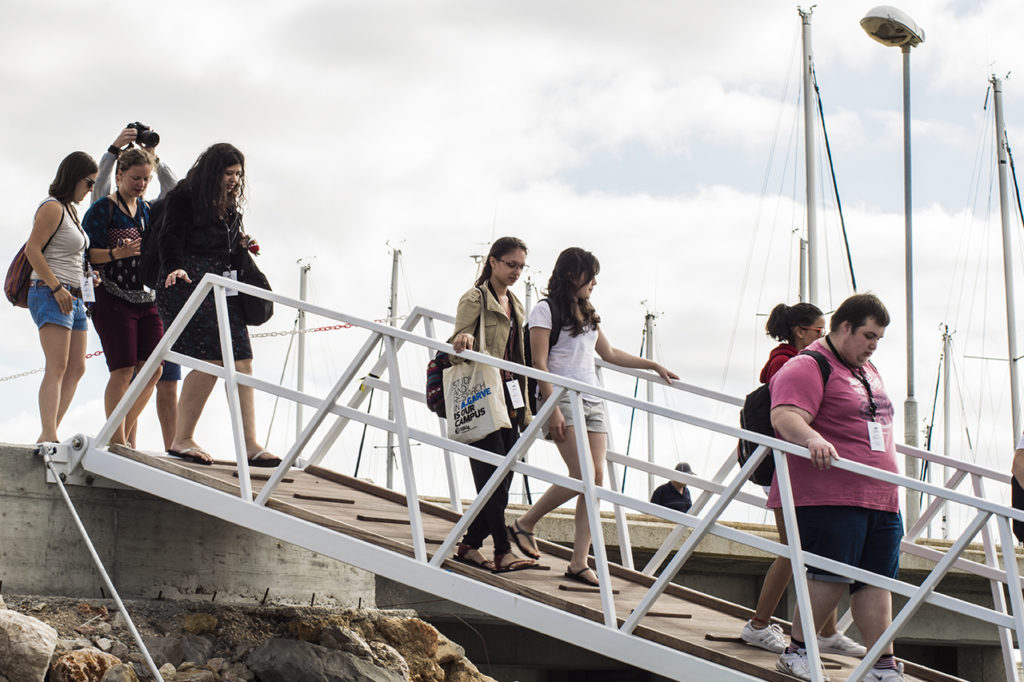
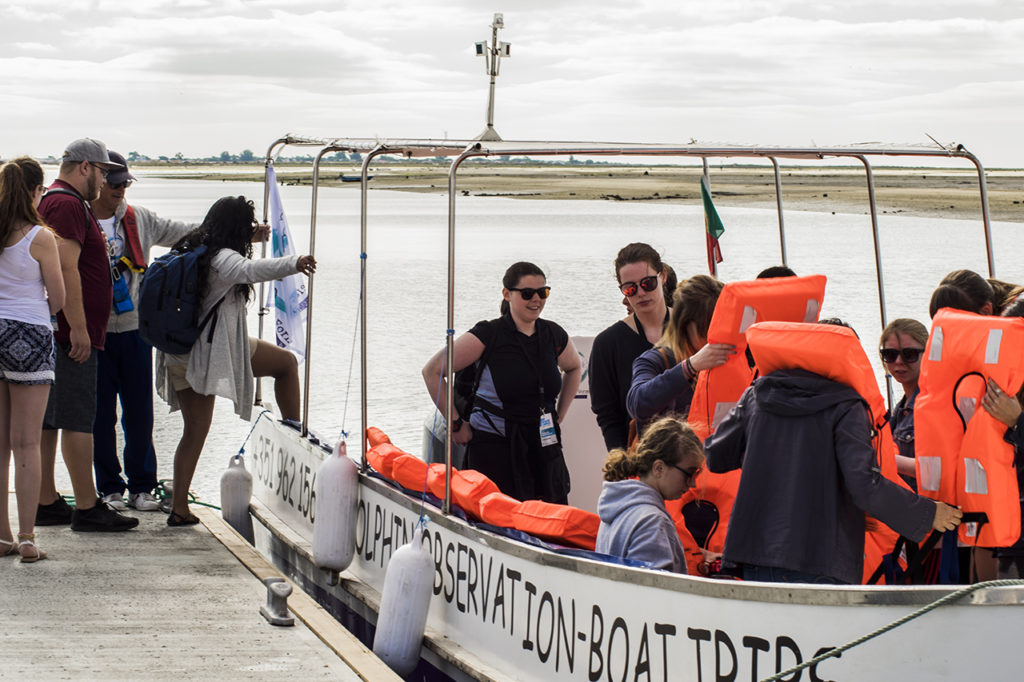
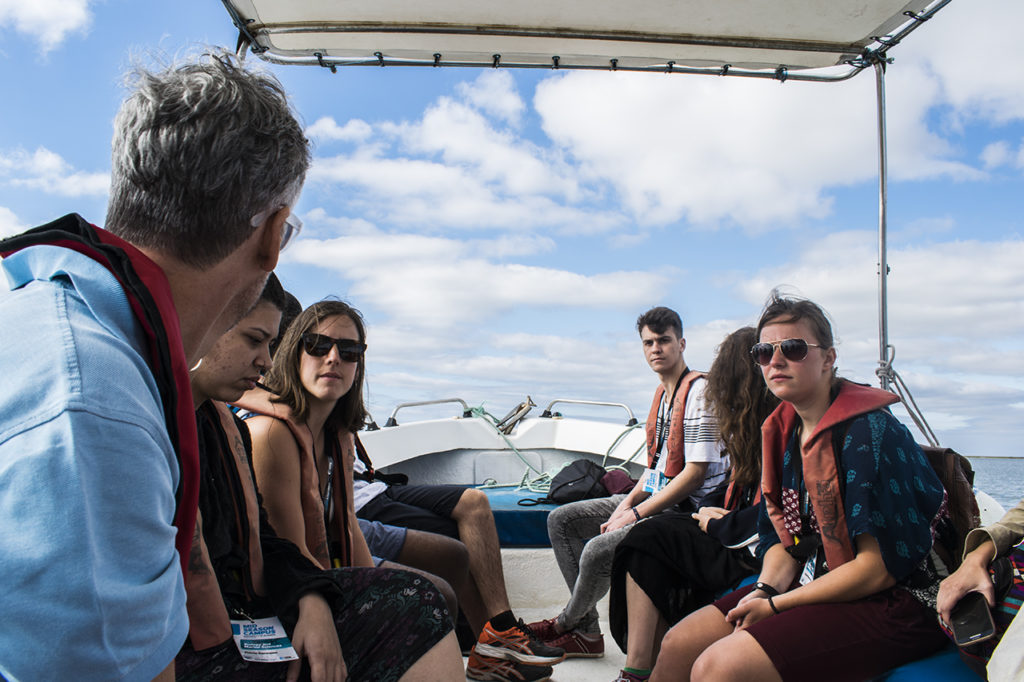
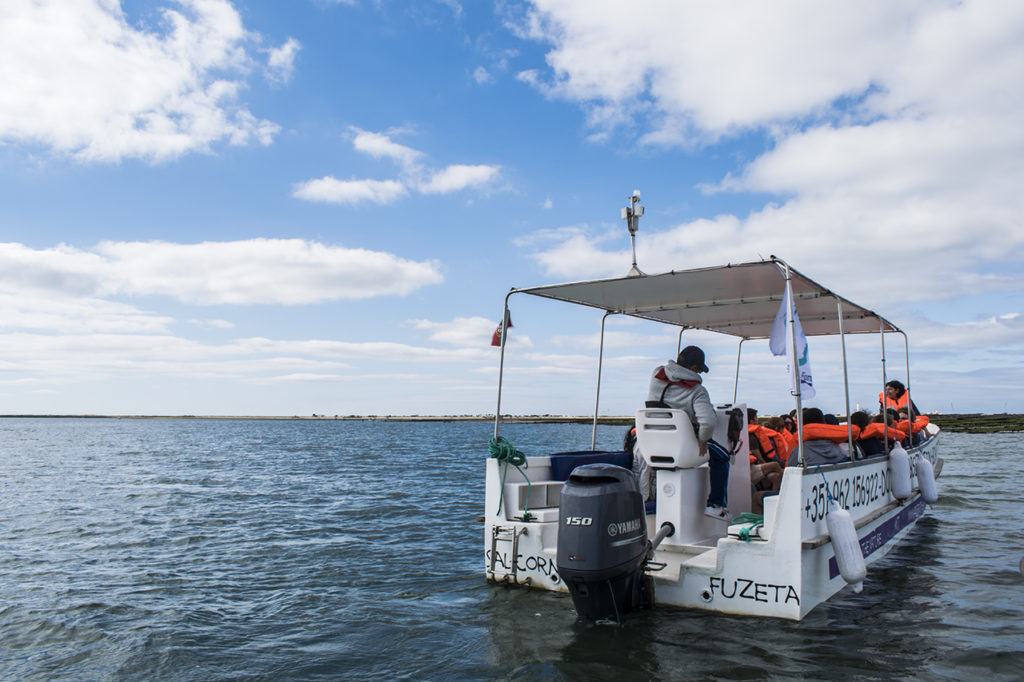
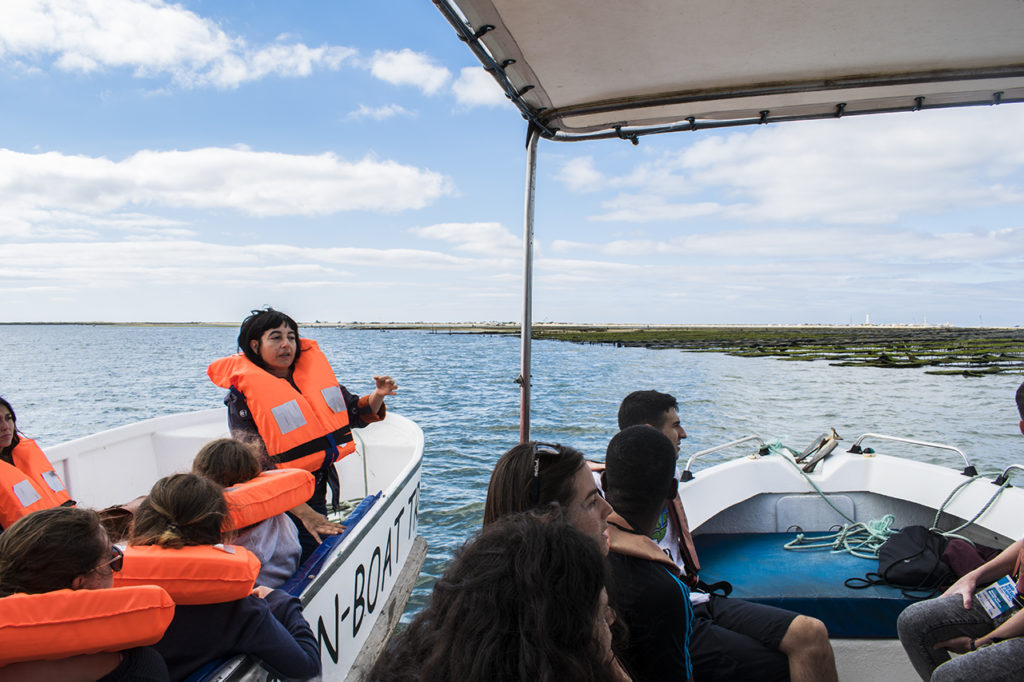
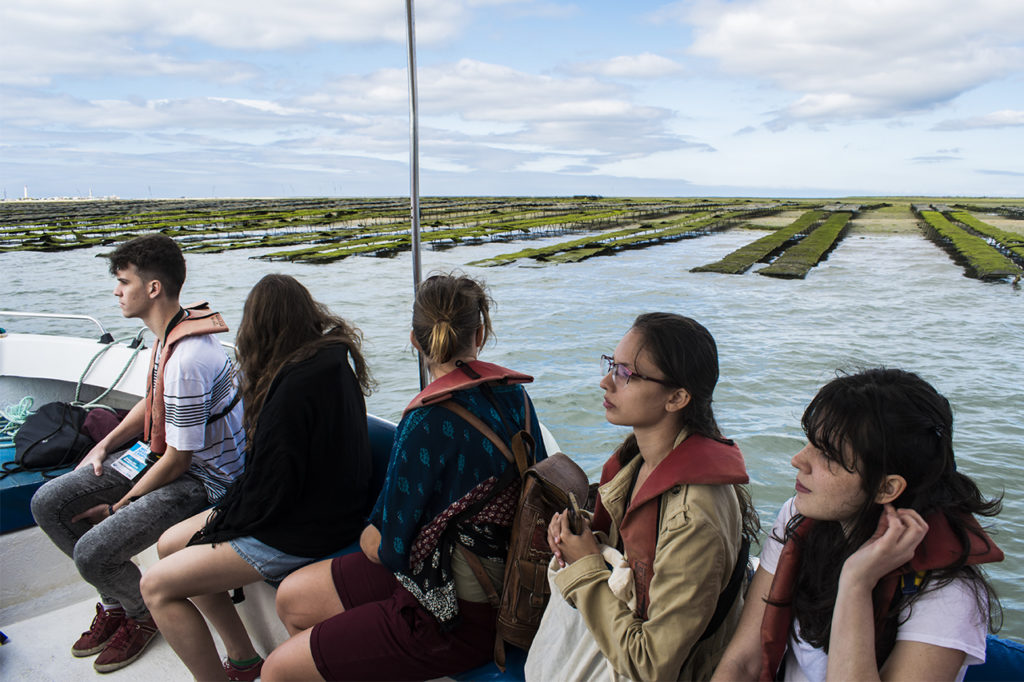
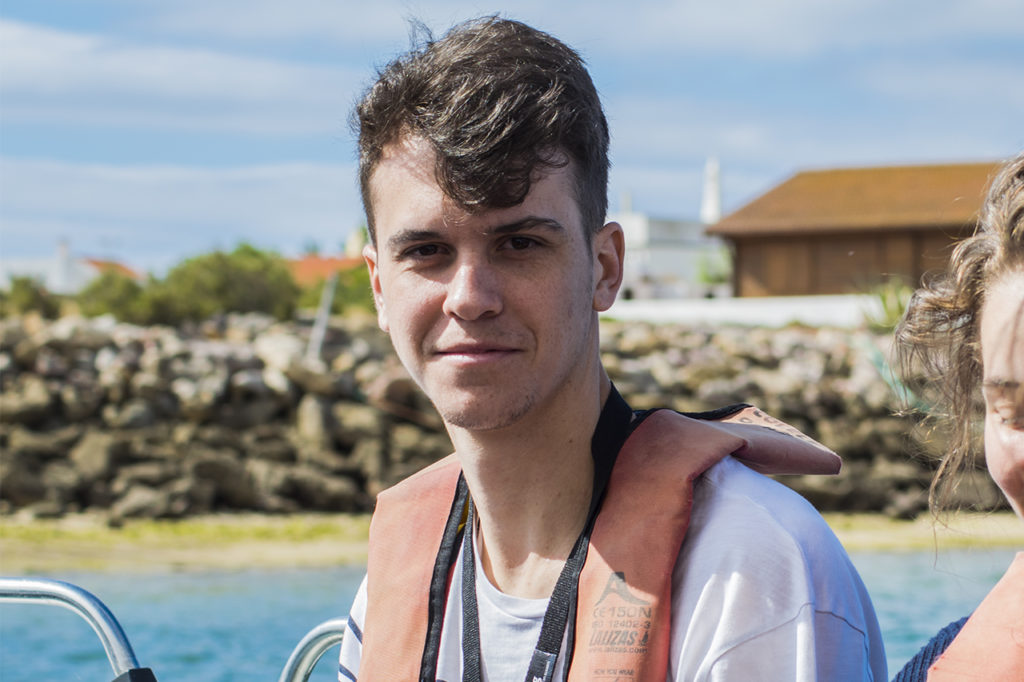
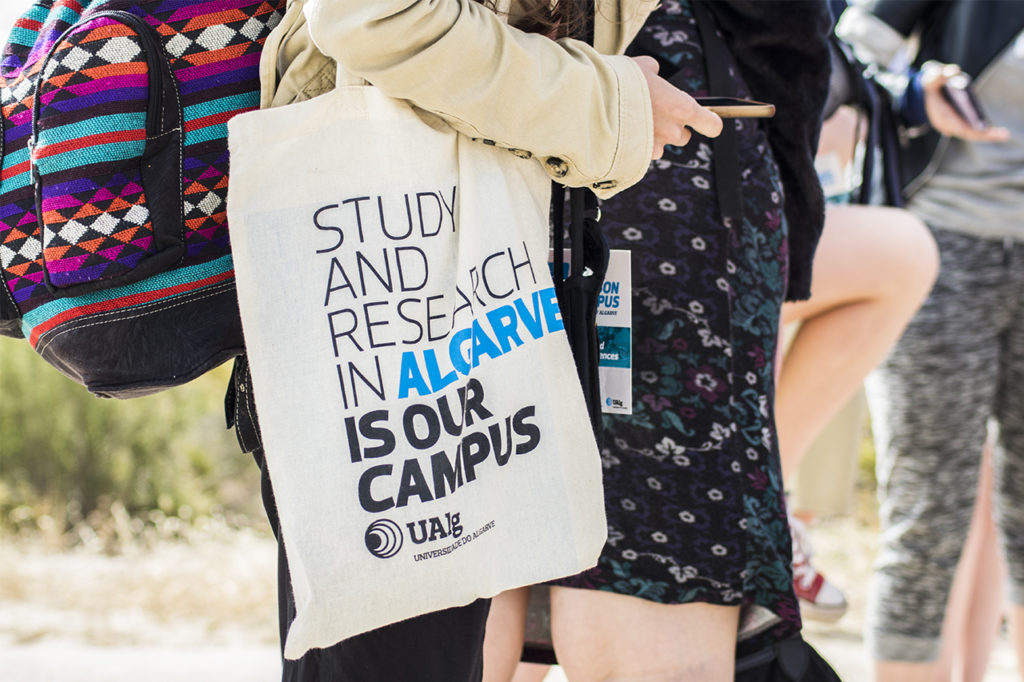
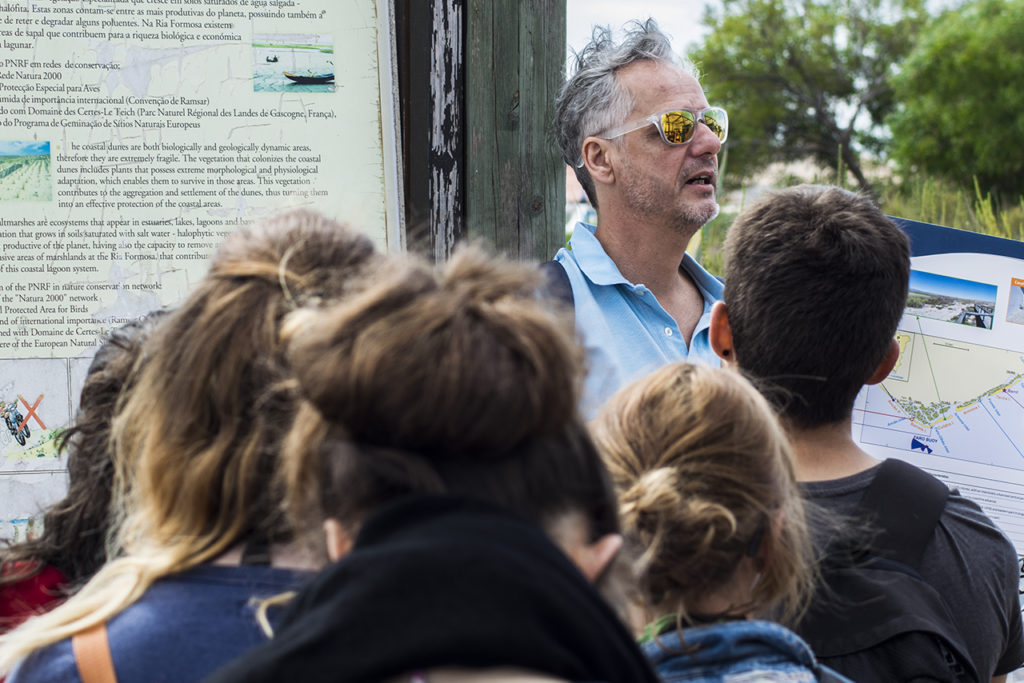
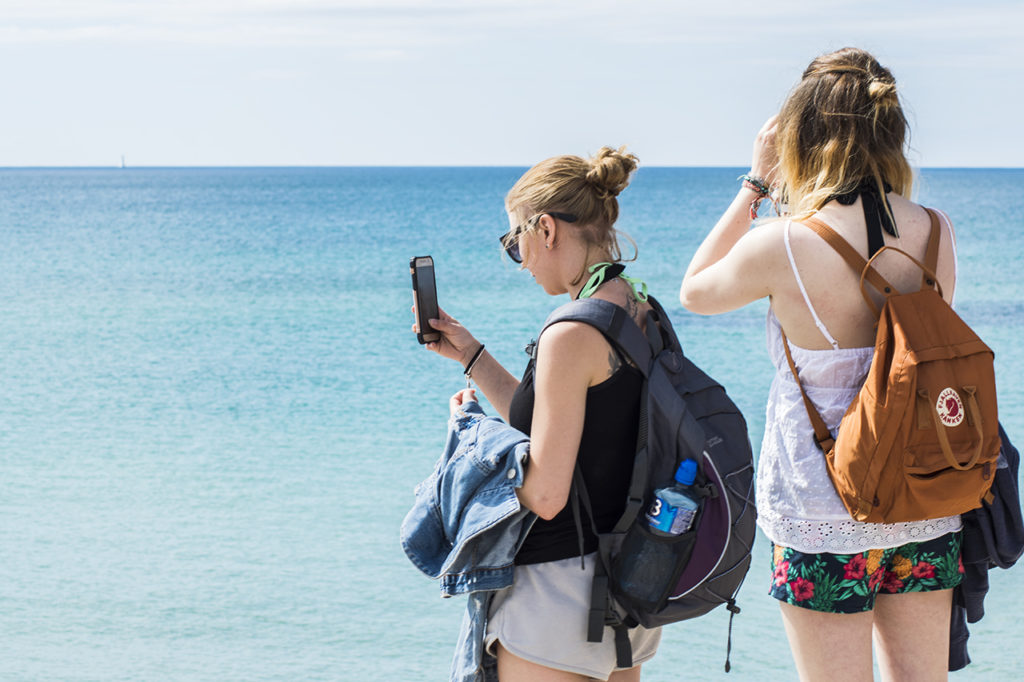
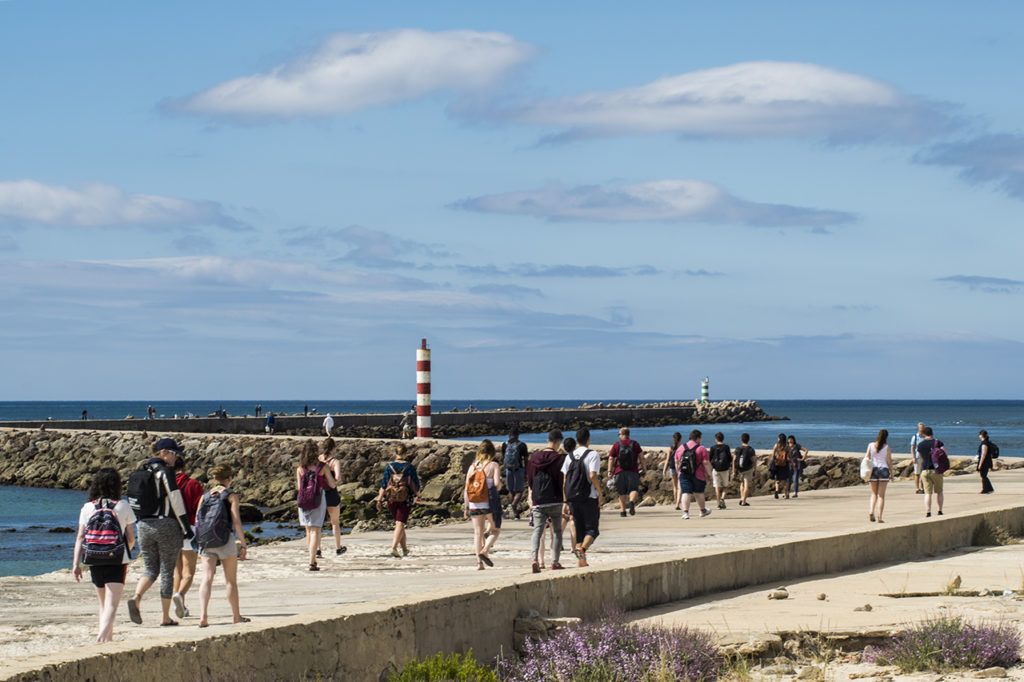
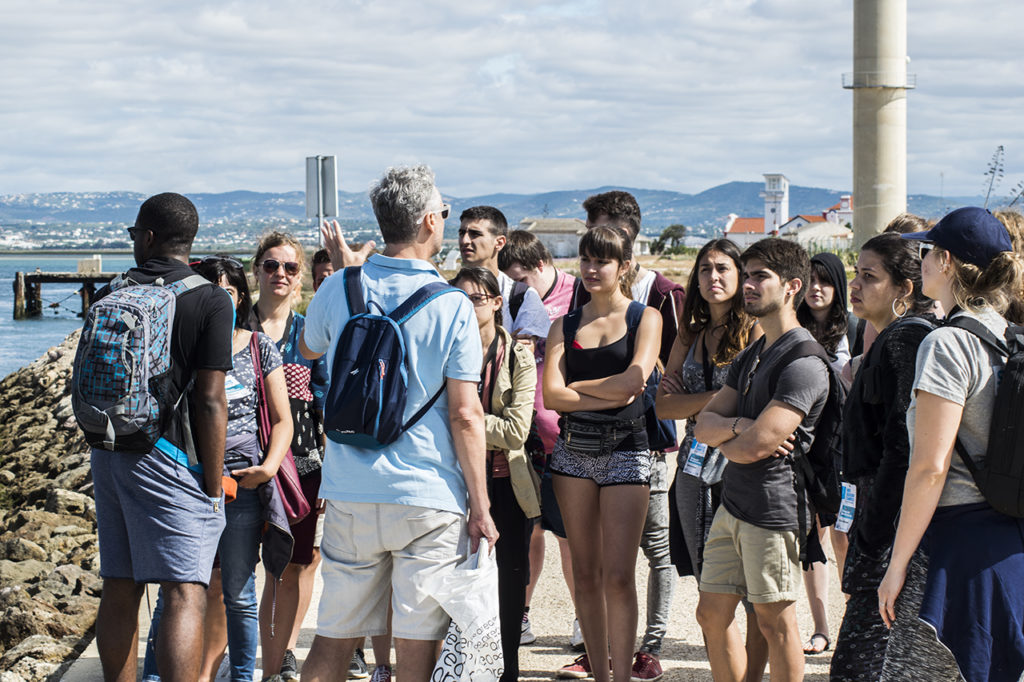
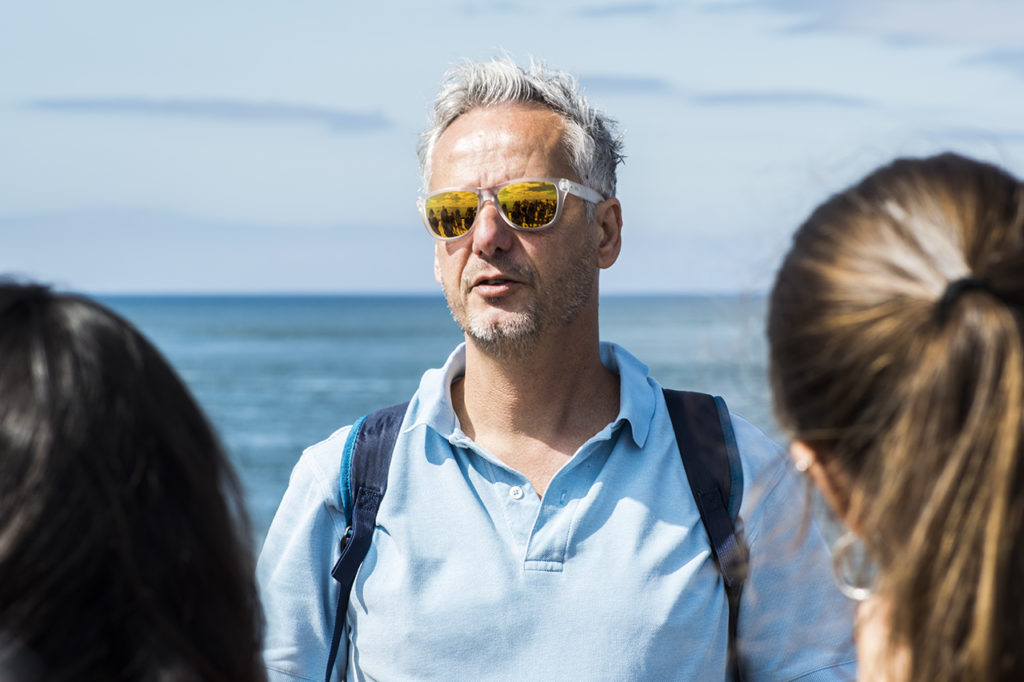
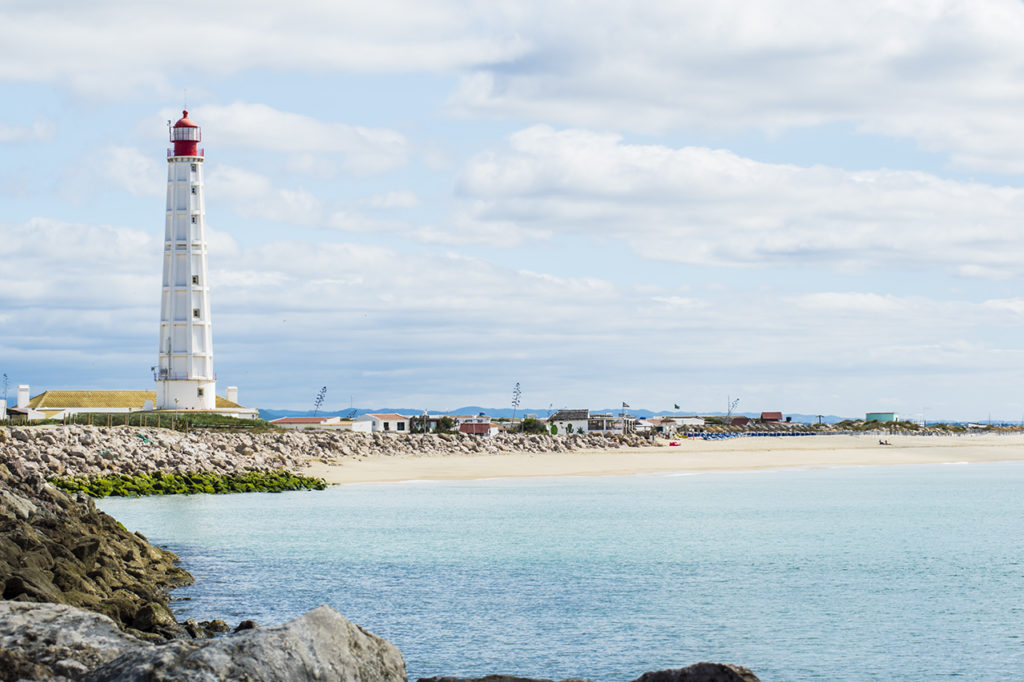
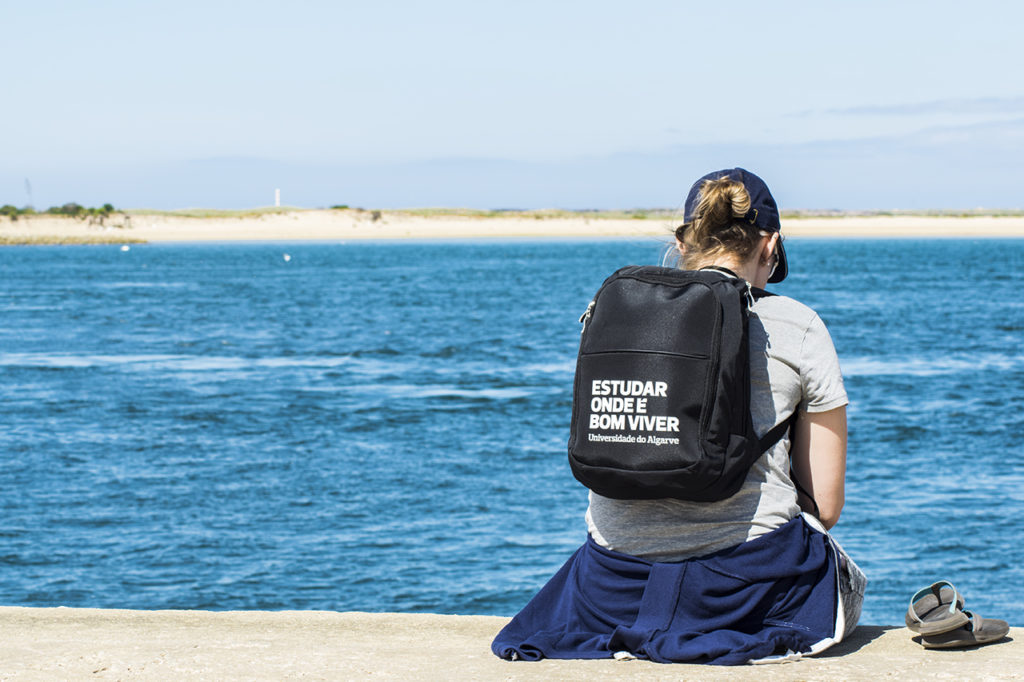
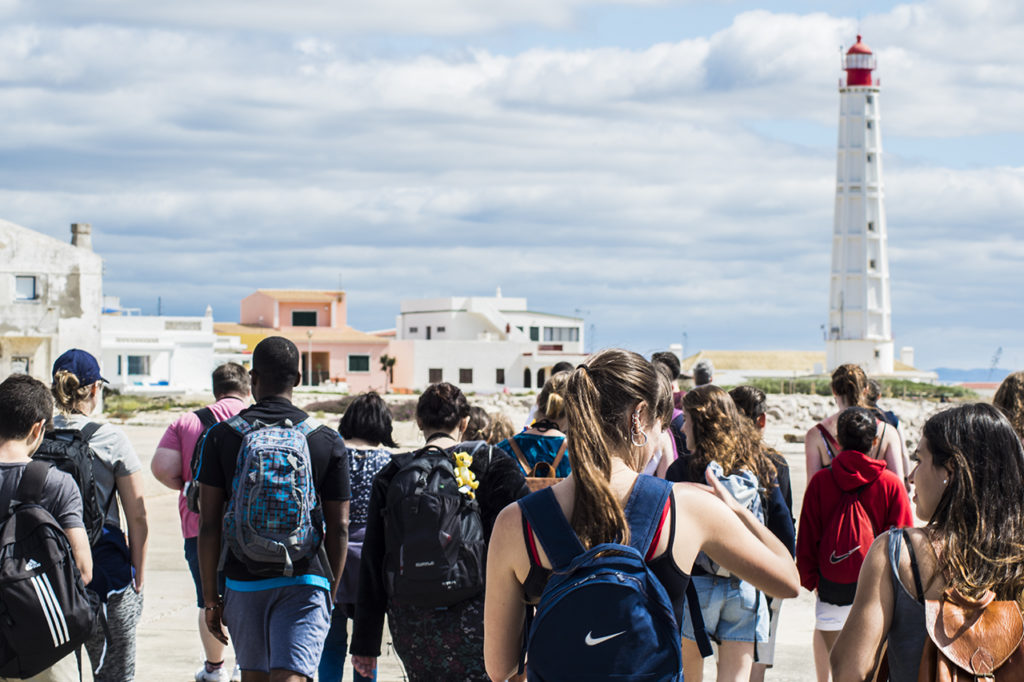
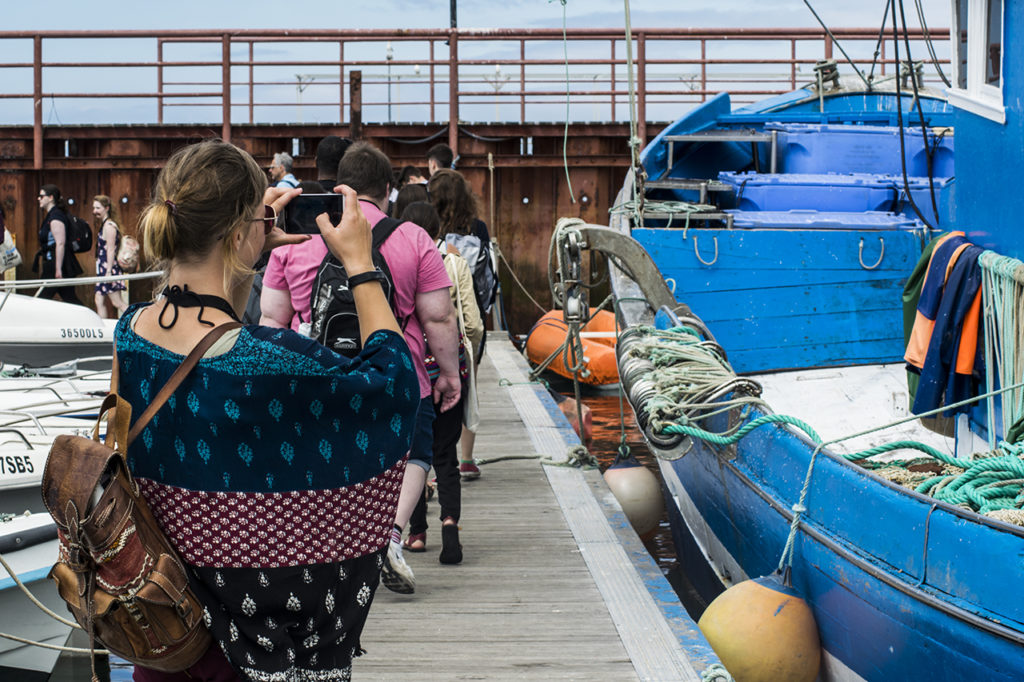
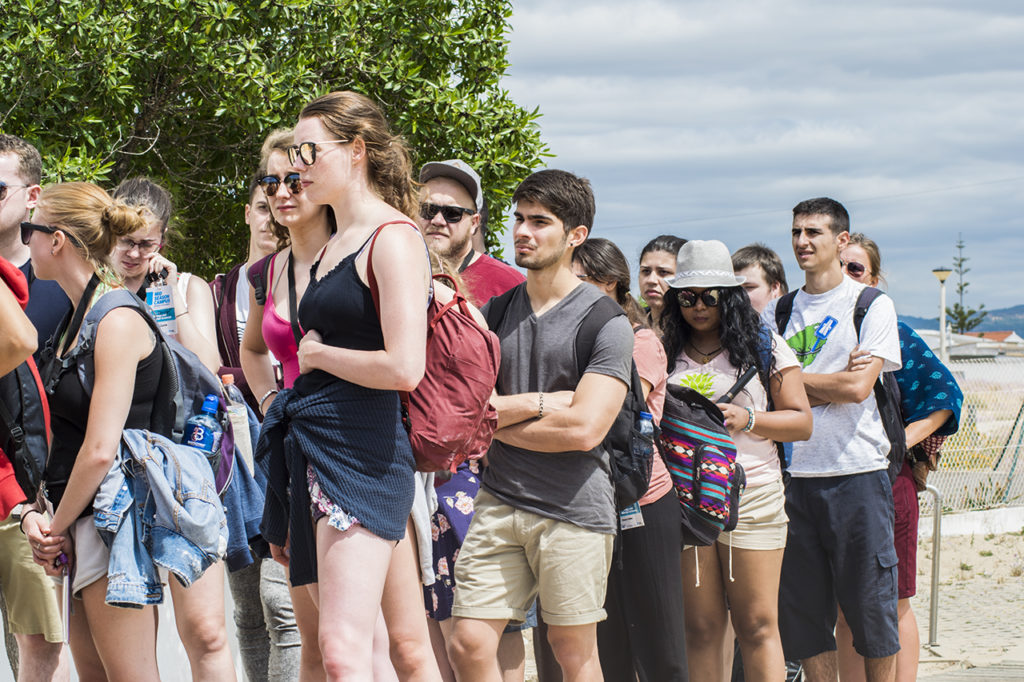
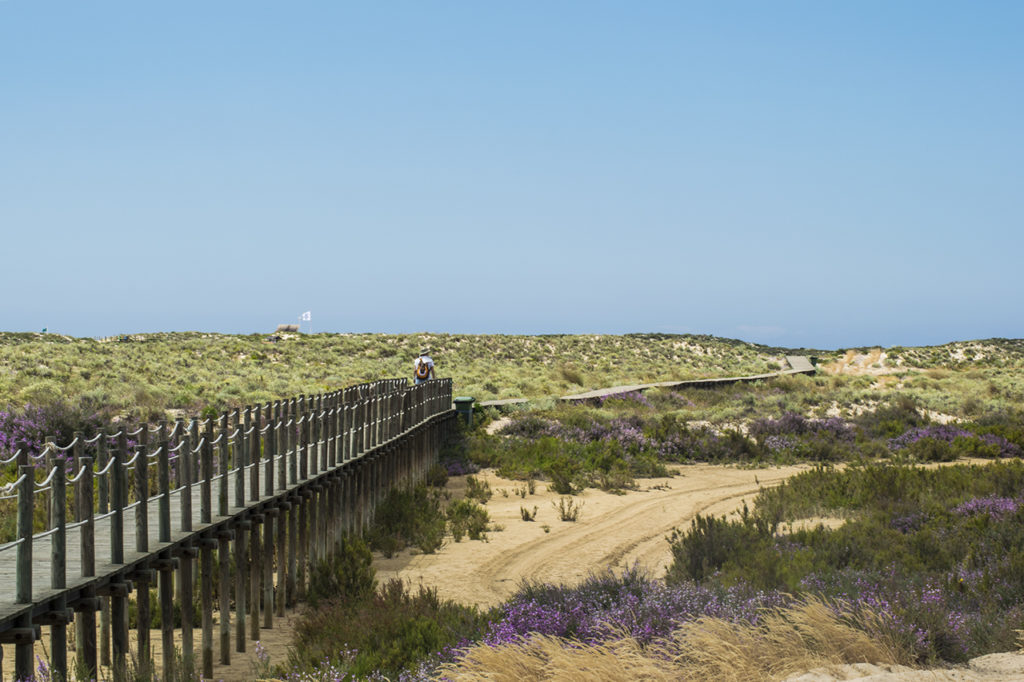
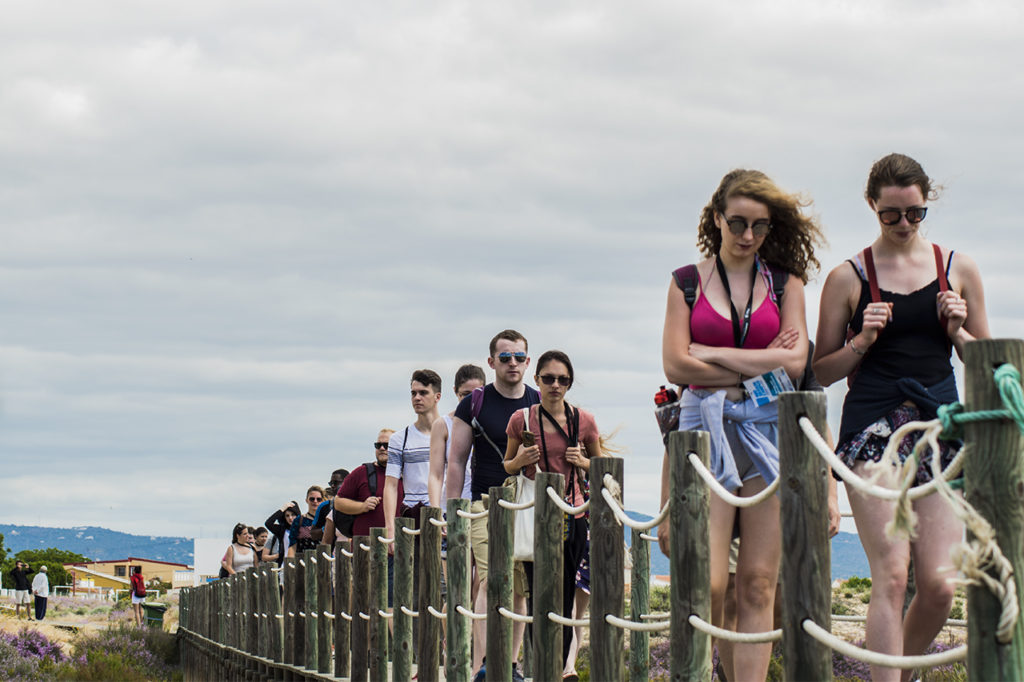
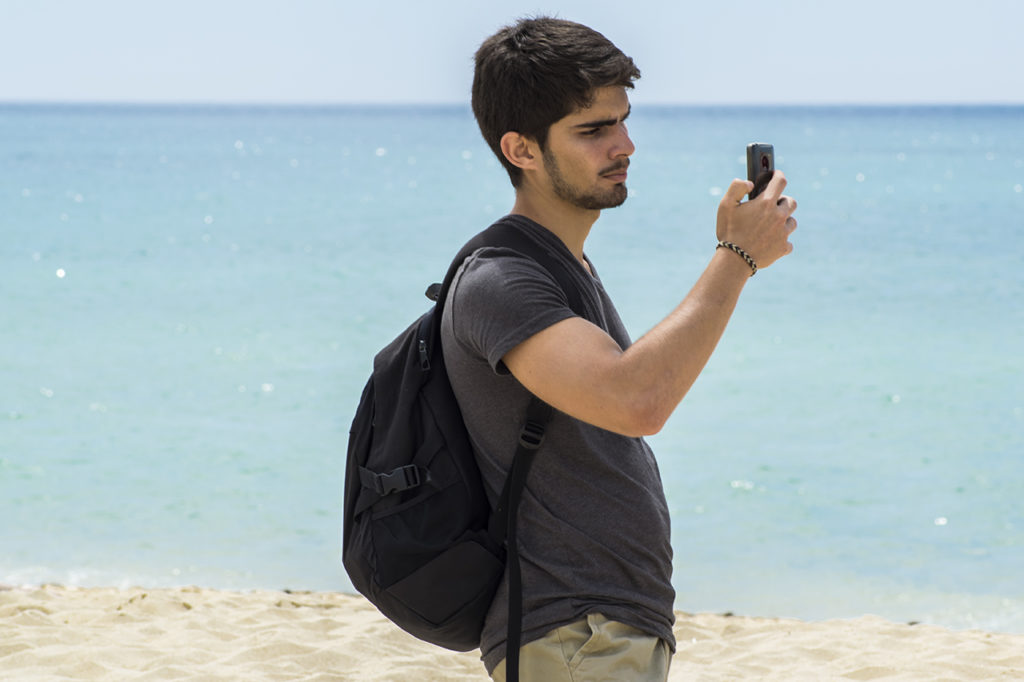
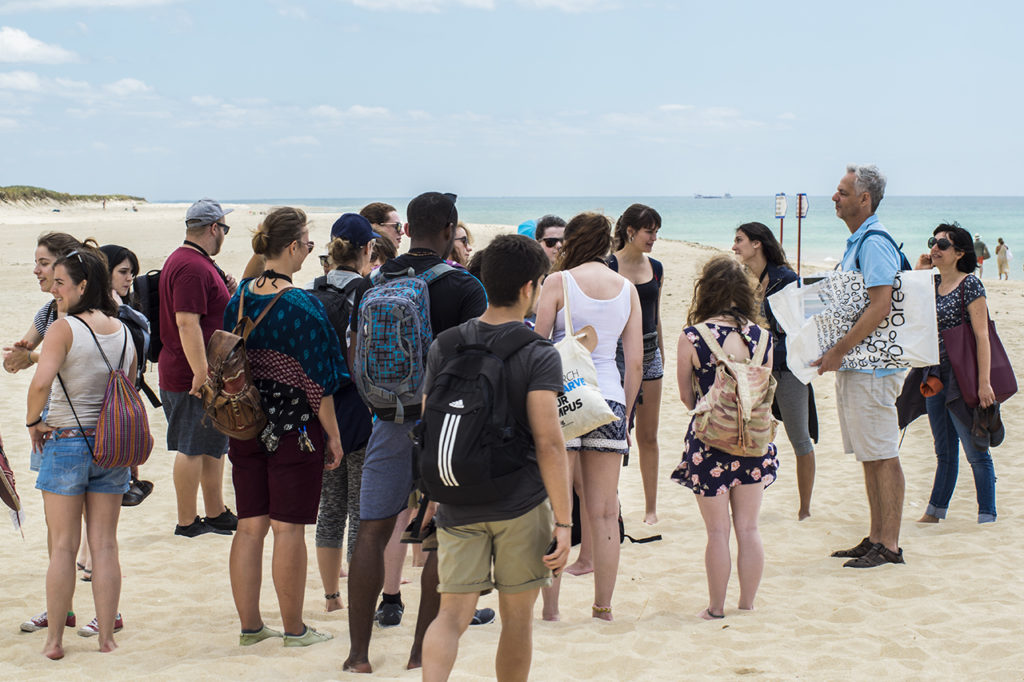
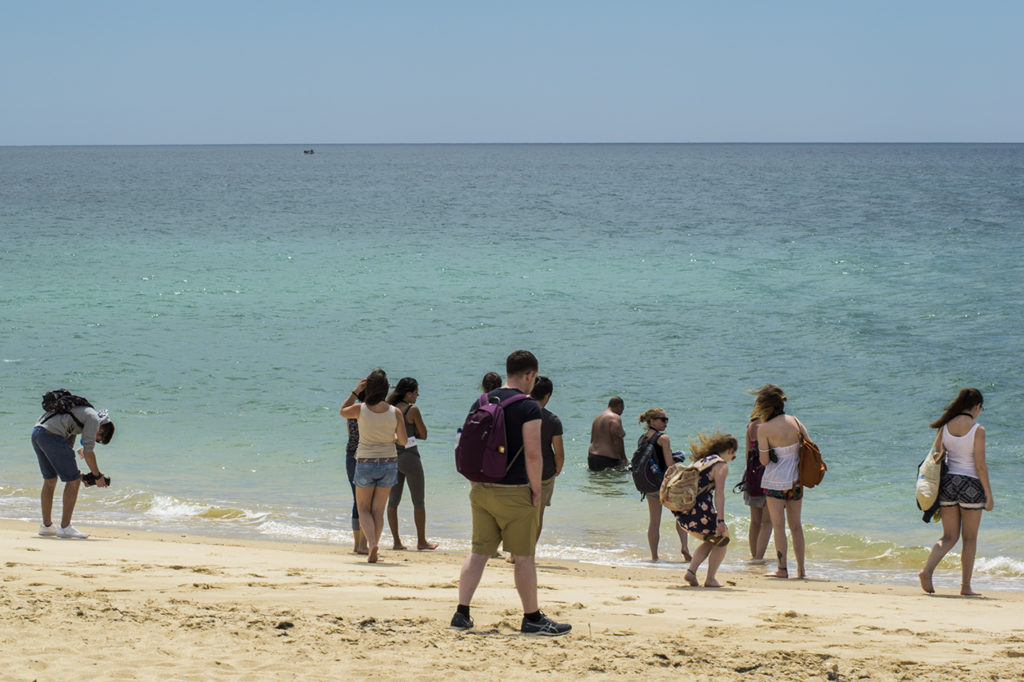


















Comments